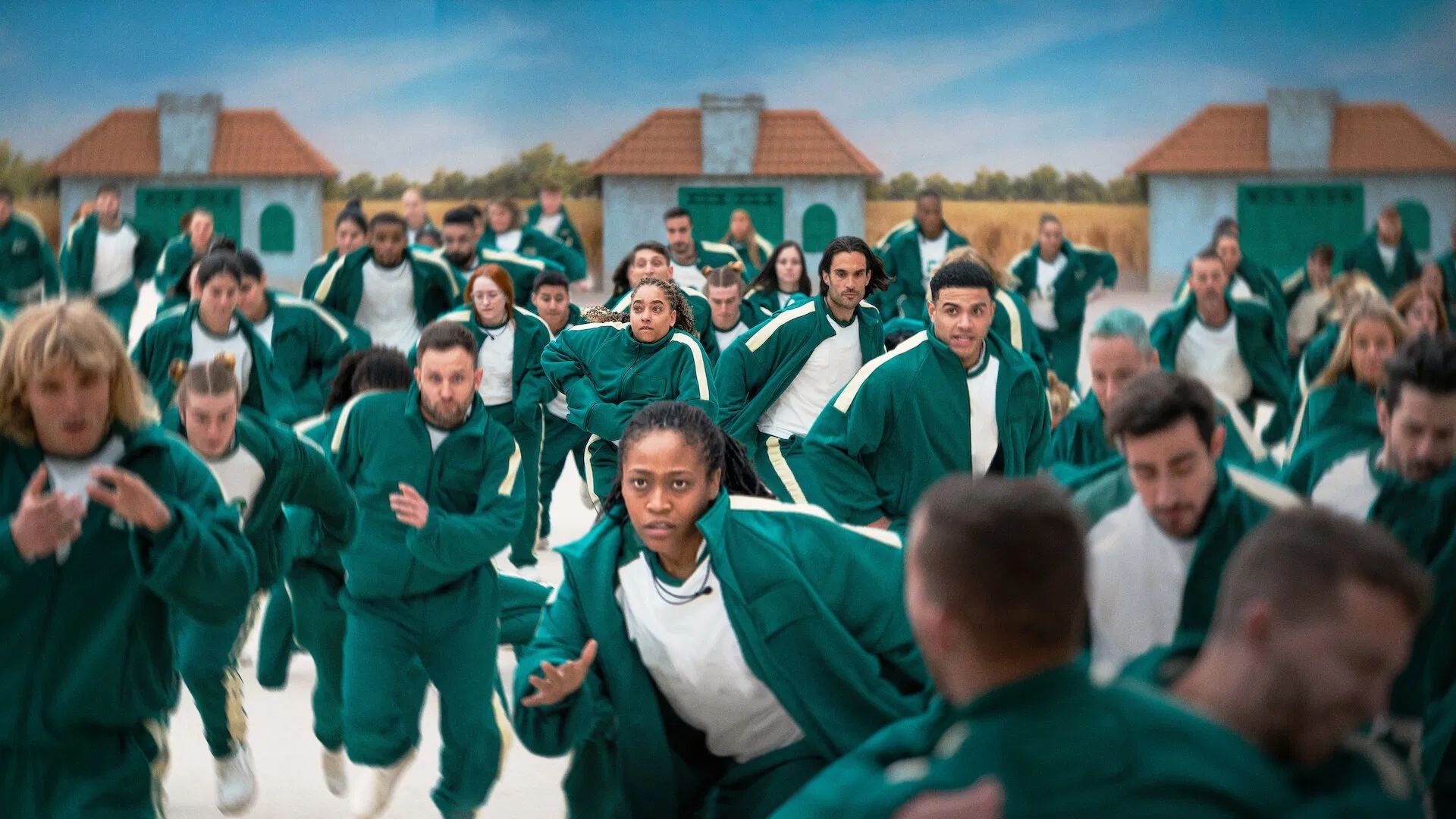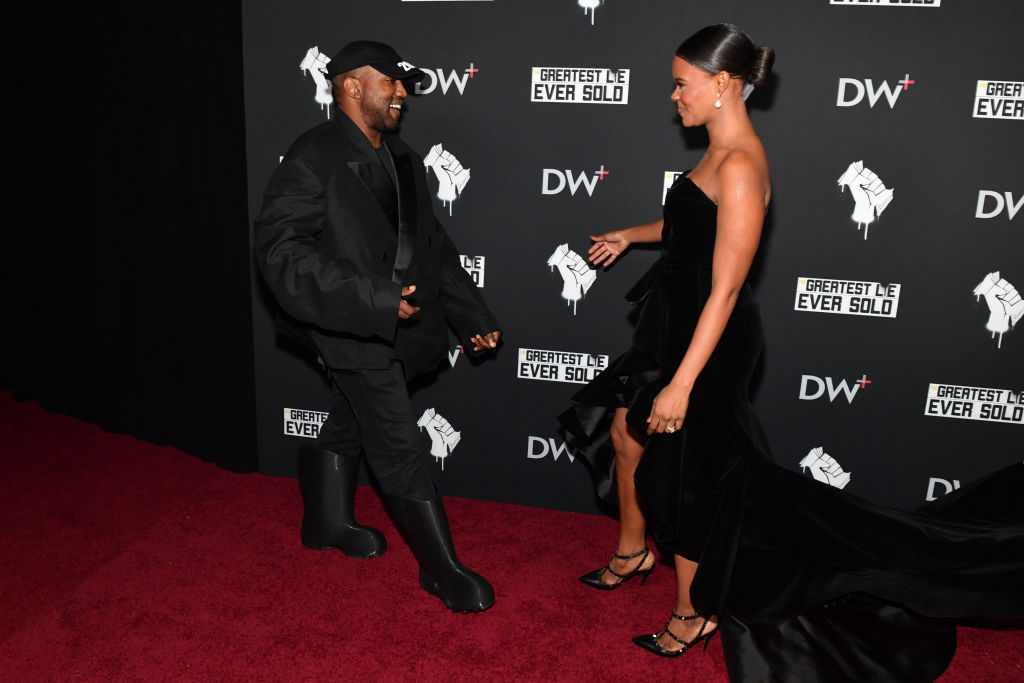Music education in public schools includes workshops that mix rhythms such as hip hop and classical pieces
Conceived by the musician and music producer Ney Marques, the Música Educa project was born at the end of 2017, on the stages of the Meninos Diamantes social project at the Souza Lima School of Music, in Sao Paulo. Over the next two years, the project had the support of the National Fund for the Development of Education (FNDE) and started presentations in state schools and CEUs, with the aim of bringing classical and popular music in a relaxed way to the low-income young people.
After two years of pandemic, the program returns this year, in August, for a second shift that will serve five public schools in São Paulo. In principle, the following should be part of the project: CEU Meninos, in Sacomã, CEU Capão Redondo, CEU Jaguaré, CEU Butantã, in Jardim Esmeralda and CEU Continental, in Guarulhos.
Throughout his professional career, Ney Marques has been in charge of several musicalization departments at the Fundação Bachiana, a music school founded by maestro João Carlos Martins, in São Paulo.
Thanks to this experience, Marques received a broader understanding of the value of music, through contact with young people, especially those with low income.
His personal experience with music, which began at a young age, also helped to glimpse possible avenues for these young people. According to the musician, the opportunity in childhood to receive a musical education and to discover the basic notes of the guitar contributed a lot to his musical initiation.
For him this opportunity, for young people to learn about music, is the detail that can make a difference in their life.
Formed in 1999, the Bandolim Elétrico group, consisting of Ney Marques (mandolinist), José Antônio Almeida (pianist) and Cássio Poletto (violinist), was hired to perform in squares and churches. And, although the format was not designed for children, it was the children who, in the end, went behind the stage where they took pictures and told the satisfaction caused by the experience. It is from these experiences that the idea of uniting music and young people emerged.
The second phase of Música Educa wants to bring workshops with a mixture of musical rhythms, such as hip hop, since the main proposal is to bring to the public of children and young people a summary of the history of music, from classics to popular composers, enhancing the closeness between servant rhythms, musicality, instruments and also bringing a positive perception to a musician’s career.
The Bandolim Elétrico group tries to bring these adaptations of the classics to a more current pace so that young people realize that classical music can also be interesting – one example is the adaptation they made of Antonio Vivaldi’s songs to hip. hop.
The project is aimed at young people of all ages in the CEUs, but eventually the relatives of the students also end up getting involved in the workshops, and this is intentional, as parents play a vital role in understanding how music initiation works and in the understanding the benefits that music brings to a child’s education.
It is necessary to encourage the sensitivity of these parents so that they perceive the potential of their children in music or in other artistic fields. “Music brings a capacity for socialization between people and opens your mind to develop emotions,” explains Ney Marques, of Bandolim Elétrico.
The project, according to Marques, enhances the importance of music in the education of these young people.
With the support of the Department of Culture, Faculdade Souza Lima and the Meninos Diamantes social project, the second phase of Música Educa includes free flute lessons with Professor Rafael Beck, held on YouTube. The intention is for these lessons to continue over the next few years, but with different instruments, such as piano and percussion – it is a way to expand the project beyond the workshops, which take place only one day a week in each school and last for 1h30 min.
Each school will be given three recorders and a nylon guitar, accompanied by a basic book with the learning method for beginners. According to the Bandolim Elétrico group, the aim of the project is to try to change the social situation of this young man from the periphery.
Source: Terra
Emily Jhon is a product and service reviewer at Gossipify, known for her honest evaluations and thorough analysis. With a background in marketing and consumer research, she offers valuable insights to readers. She has been writing for Gossipify for several years and has a degree in Marketing and Consumer Research from the University of Oxford.








